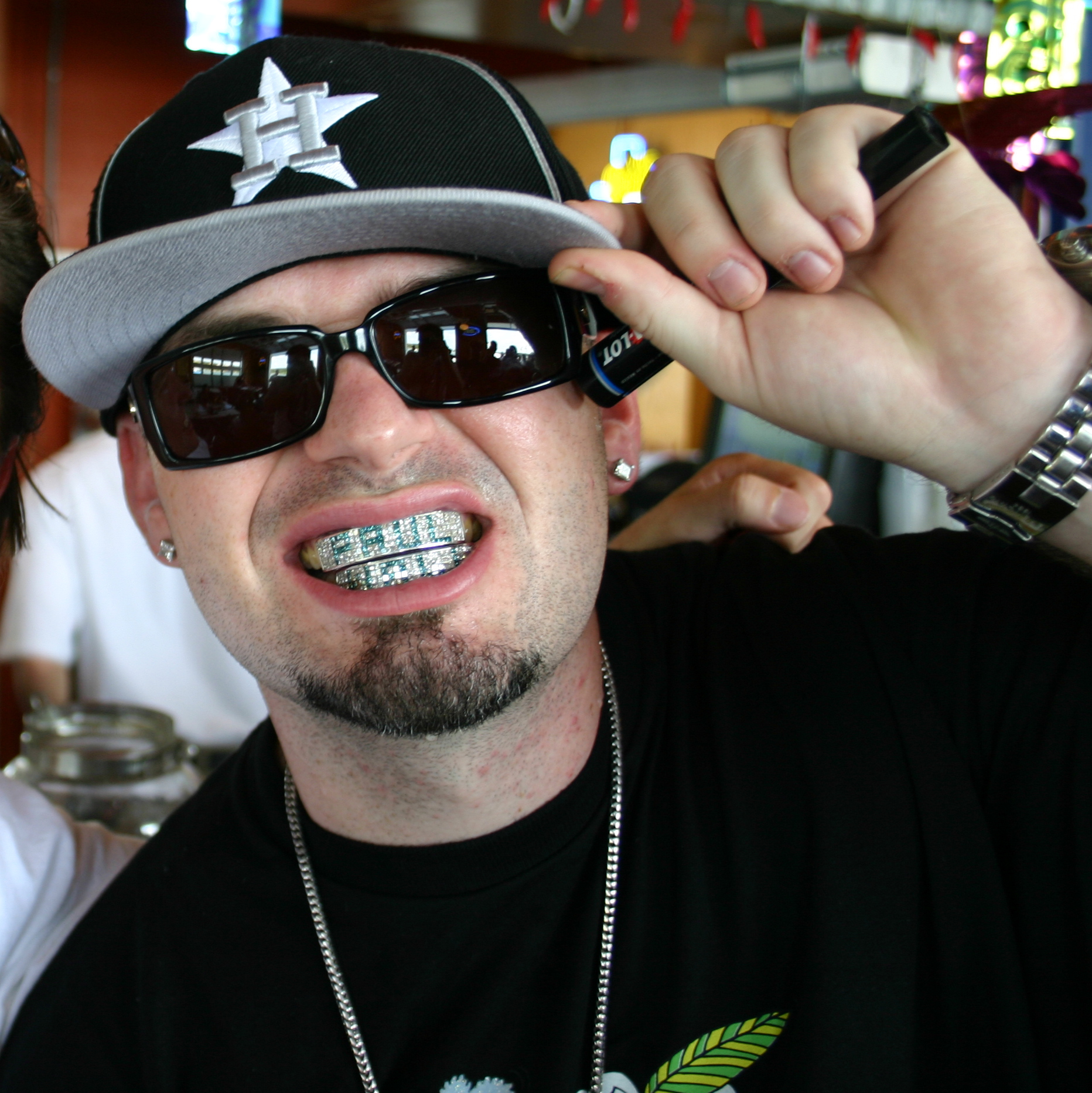require "bundler/inline"
gemfile(true) do
source "https://rubygems.org"
gem "rack"
end
p defined?(Rack) # => "constant"http://en.wikipedia.org/wiki/Grill_(jewelry)
Implant Gemfile into your script.
$ gem install grill
If you want to uninstall gems installed by Grill, delete $HOME/.grill directory.
#!ruby
require "grill"
p defined?(Rack) # => nil
Grill.implant <<-GEMFILE
source :rubygems
gem "rack"
GEMFILE
p defined?(Rack) # => "constant"
Or, more handy way to use as below (since v0.2.1):
$ cat $HOME/.grill/commontools
source :rubygems
gem "typhoeus"
gem "nokogiri"
gem "slop"
$ cat scraper.rb
require "grill"
Grill.implant :commontools
opts = Slop.parse do
# ...
end
You can multiple implant as below (since v0.3.0):
# these args will be combined one file.
# so if first arg define "source" and second is not,
# second arg's `gem` is affected by that
Grill.implant <<-FOO, <<-BAR, :commontools
source :rubygems
gem "typhoeus"
gem "nokogiri"
FOO
gem "rack"
BAR
# You got typhoeus, nokogiri, rack, and :commontools
It is completely compatible (you installed version) Bundler's Gemfile so you can use full spec of it for version fixation, :require, :path, etc.
Grill is useful for your disposable scripts. Do you want to do that create directory and put Gemfile into it and bundle install; bundle exec foo.rb for disposable scripts?
